Experiencing “Overwatch has crashed in the graphics driver” can be extremely frustrating, especially when it happens mid-game. This type of error typically points to issues related to your GPU drivers, system compatibility, or in-game settings. In this guide, we provide step-by-step solutions to resolve the problem and restore smooth, uninterrupted gameplay.
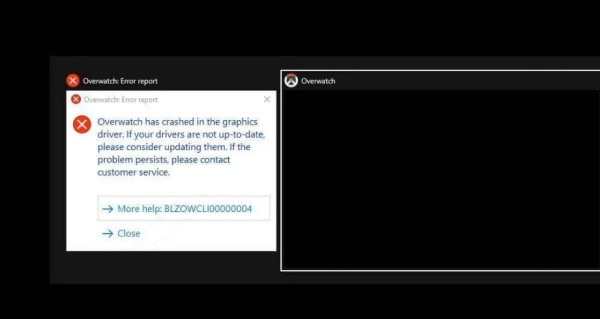
What Causes Overwatch to Crash in the Graphics Driver
When Overwatch crashes due to a graphics driver error, it's usually linked to:
Outdated or corrupted GPU drivers
Overclocking instability
Incompatible system hardware or software
Graphics settings that exceed your GPU’s capacity
Operating system conflicts or missing updates
Third-party software interference
Solution 1: Update Your Graphics Drivers
One of the primary causes behind this error is outdated or corrupted GPU drivers. Modern games like Overwatch rely heavily on optimized and stable driver versions to communicate effectively with your system’s hardware. An outdated driver can easily result in rendering issues, crashes, or performance bottlenecks.
How to Update Graphics Drivers Using Driver Talent:
Step 1. Download and install Driver Talent from the official website.
Step 2. Launch the software and click Scan.
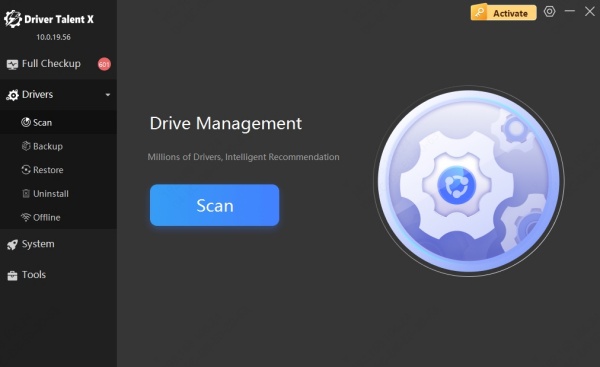
Step 3. It will detect all outdated or corrupted drivers, including GPU drivers.
Step 4. Click Upgrade next to the graphics driver update.
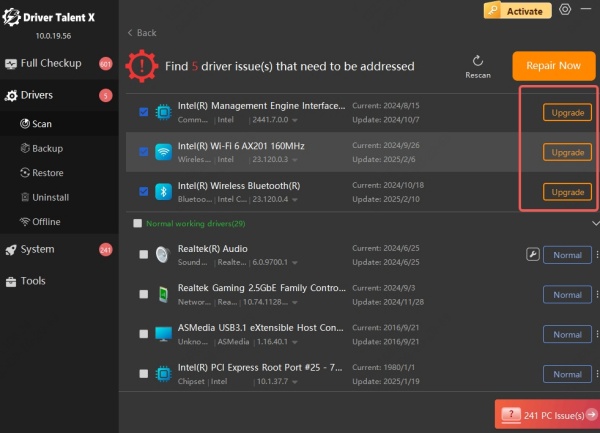
Step 5. Restart your PC once the update is complete.
Driver Talent supports all major GPUs including NVIDIA GeForce, AMD Radeon, and Intel HD/UHD Graphics.
Solution 2: Clean Install GPU Drivers Manually
If simple updates aren’t fixing the crash, the issue might be rooted in residual files or corrupted driver components. Performing a clean installation removes previous configurations, registry entries, and faulty components that standard updates might overlook.
For NVIDIA Users:
Go to the NVIDIA Driver Download page.
Enter your GPU details and download the latest driver.
Run the installer and select Custom Installation.
Check Perform a clean installation and proceed.
For AMD Users:
Visit the AMD Drivers page.
Select your GPU and OS, then download the driver.
During installation, choose Factory Reset to remove old files.
Solution 3: Adjust In-Game Graphics Settings in Overwatch
Overly aggressive in-game graphics settings can strain your GPU beyond its limits, especially if your hardware is mid-range or older. Rendering high-quality textures, shadows, and effects may cause the graphics driver to become unresponsive, resulting in crashes. Lowering certain settings helps reduce the GPU workload and enhances overall game stability.
Recommended Graphics Settings for Stability:
Display Mode: Fullscreen
V-Sync: Off
Render Scale: 100%
Anti-Aliasing: Off or FXAA
Texture Quality: Medium or Low
Shadow Detail: Low
Effects Detail: Low
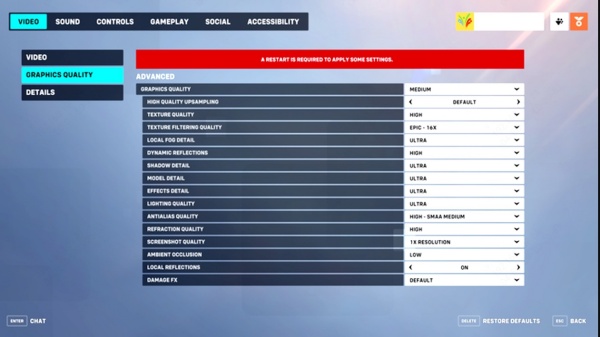
Solution 4: Disable GPU Overclocking
While GPU overclocking can boost performance, it also introduces instability if not done carefully. Overclocked GPUs often run hotter and draw more power, increasing the likelihood of crashes under high loads.
Open your overclocking tool (e.g., MSI Afterburner, EVGA Precision X1).
Click Reset to Default or manually revert core/memory clocks.
Apply the changes and restart your PC.
Solution 5: Disable Background Applications
Background applications that hook into games—especially overlays or monitoring tools—can conflict with the graphics pipeline. These apps might intercept rendering processes or consume valuable system resources, leading to GPU timeouts or crashes.
Disable These Common Culprits:
Discord Overlay
NVIDIA GeForce Experience Overlay
Razer Synapse
MSI Afterburner
RGB Control Software
Use Task Manager (Ctrl + Shift + Esc) to close unnecessary apps before launching Overwatch.
Solution 6: Run System File Checker and Windows Updates
Corrupted or missing system files can disrupt the smooth operation of graphics drivers and APIs like DirectX. Additionally, an outdated operating system may lack critical patches that fix known compatibility issues with games and GPU drivers.
Run System File Checker (SFC):
Press Windows + X, then select Windows Terminal (Admin).
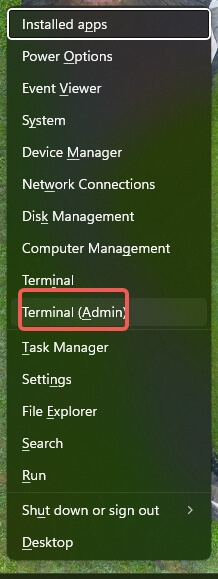
Type sfc /scannow and press Enter.
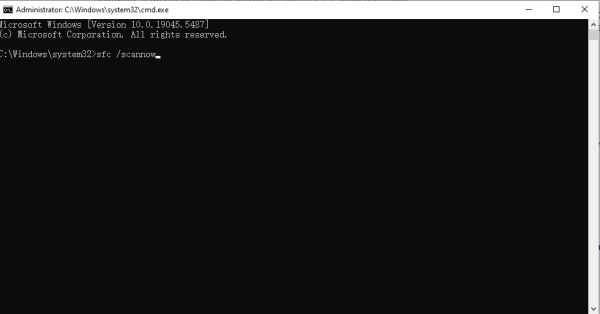
Wait for the scan to complete and fix any found issues.
Check for Windows Updates:
Go to Settings > Windows Update.
Click Check for updates and install all available patches.
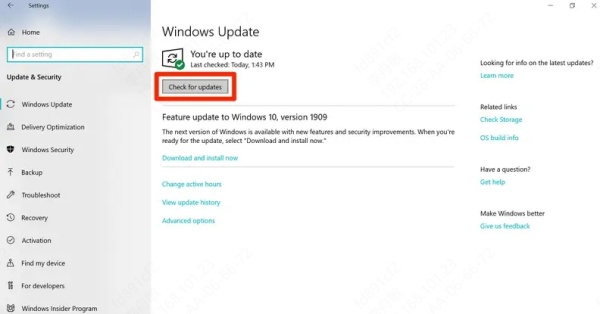
Solution 7: Modify Registry for TDR (Timeout Detection and Recovery)
Windows includes a feature called Timeout Detection and Recovery (TDR) that resets the GPU if it stops responding. However, the default timeout is just two seconds—too short for some graphics-intensive games.
Always back up your registry before making changes.
How to Increase TDR Delay:
Press Windows + R, type regedit, and press Enter.
Navigate to: HKEY_LOCAL_MACHINE\SYSTEM\CurrentControlSet\Control\GraphicsDrivers
Right-click the right pane > New > DWORD (32-bit) Value.
Name it TdrDelay.
Set its value to 8 (decimal).
Restart your PC.
Solution 8: Reinstall Overwatch
If none of the above solutions work, the issue could stem from corrupted game files or improper game installation. Overwatch stores a variety of configuration and cache files that, when damaged, can crash the game engine or conflict with GPU drivers.
Backup your Overwatch settings if needed.
Open Battle.net Launcher.
Click Overwatch > Options > Uninstall.
After uninstalling, restart your PC.
Reinstall the game from Battle.net.
Conclusion
The “Overwatch has crashed in the graphics driver” issue is a common yet solvable error affecting many players. With updated drivers, optimized system settings, and clean configurations, you can significantly reduce the chances of encountering this problem again. Start by updating your drivers, especially using tools like Driver Talent, and proceed through each method systematically for the best results.
